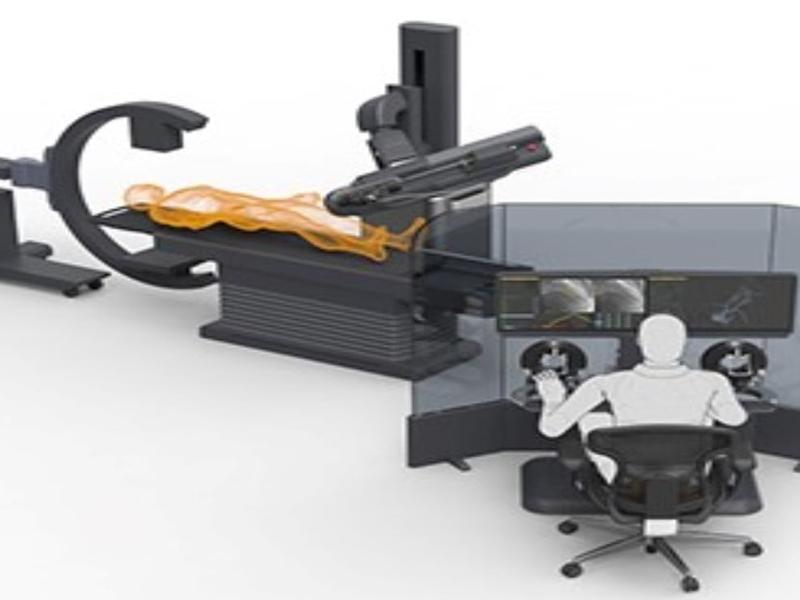This article discusses the development of surgical robots in the past decades and the potential of the next generation of intelligent robot-assisted surgery. It outlines the research hotspots and research values of robotic arm systems, surgical navigation systems, and deep learning models. It also highlights the importance of machine learning and reinforcement learning frameworks, human-machine hybrid intelligence environments, Coexisting-Cooperative-Cognitive human-robot interaction techniques, augmented virtual reality technology, and medical ChatGPT technology for the development of the next generation of intelligent surgical robots.

